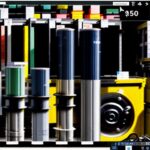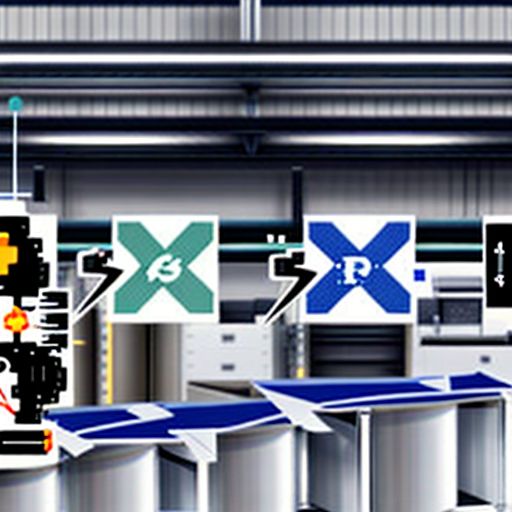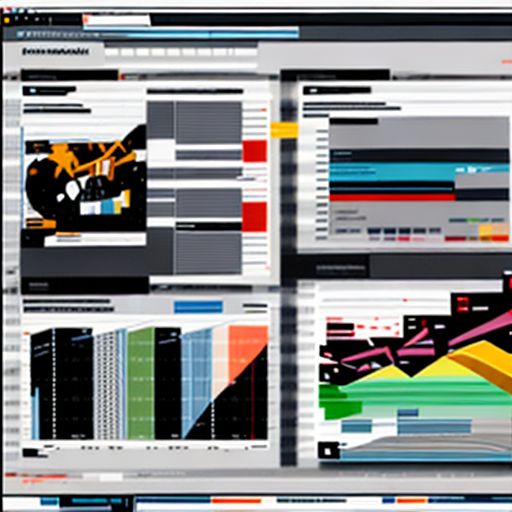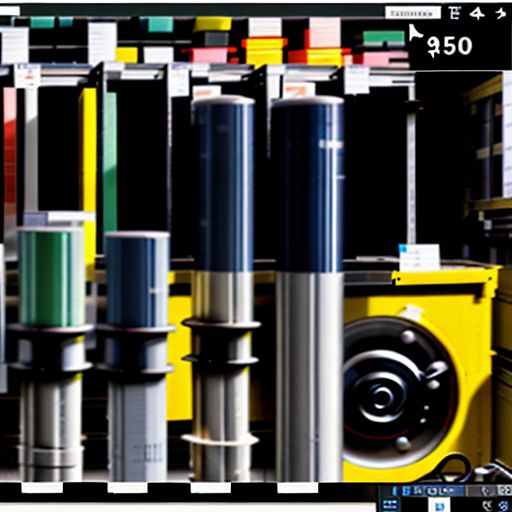Imagine a world where managing your production process, from raw material sourcing to finished product delivery, is seamless and efficient. This is the promise of Enterprise Resource Planning (ERP) systems, especially tailored for the intricate world of process manufacturing.
What is Erp For Process Manufacturing?
Erp For Process Manufacturing goes beyond standard ERP solutions. It’s specifically designed to handle the unique challenges of industries like food and beverage, chemicals, pharmaceuticals, and cosmetics, where production involves formulas, recipes, batch tracking, and stringent regulatory compliance.
Instead of discrete units, process manufacturing deals with transforming raw materials through continuous or batch-oriented processes. This demands a system capable of:
- Recipe and Formula Management: Precisely defining and controlling the composition of products.
- Lot and Batch Tracking: Ensuring complete traceability and quality control throughout the production lifecycle.
- Compliance and Regulatory Reporting: Meeting stringent industry standards and regulations.
- Production Planning and Scheduling: Optimizing resource allocation and production runs for maximum efficiency.
Why is Erp For Process Manufacturing Important?
In today’s competitive landscape, process manufacturers face mounting pressure to improve operational agility, reduce costs, and ensure product quality. An ERP system acts as the central nervous system of your operations, connecting different departments and streamlining processes to:
- Enhance Production Efficiency: Automate tasks, optimize resource allocation, and minimize downtime.
- Ensure Regulatory Compliance: Maintain detailed records, automate reporting, and reduce the risk of non-compliance penalties.
- Improve Product Quality: Implement robust quality control measures and track product genealogy for better traceability.
- Gain Real-Time Visibility: Get a holistic view of your operations, enabling informed decision-making.
- Boost Profitability: Optimize inventory, minimize waste, and streamline processes to drive higher margins.
FAQs about Erp For Process Manufacturing
What are the key features to look for in an Erp For Process Manufacturing?
Look for solutions offering robust recipe management, lot tracking, quality control modules, compliance reporting, and integration with shop floor equipment.
How much does an Erp For Process Manufacturing cost?
The cost varies widely depending on the vendor, system complexity, and implementation scope. However, the long-term benefits of improved efficiency and reduced costs often outweigh the initial investment.
How long does it take to implement an ERP system for process manufacturing?
Implementation timelines vary based on project scope and company size. Typically, it can take anywhere from a few months to over a year.
What are the different types of ERP systems available for process manufacturers?
Options range from on-premise solutions to cloud-based ERP, each with its pros and cons regarding cost, scalability, and IT infrastructure requirements.
erp.bartenderqh.com/wp-content/uploads/2024/07/erp-process-manufacturing-669491.jpg" alt="ERP System for Process Manufacturing" width="512" height="512">ERP System for Process Manufacturing
Related Keywords and Their Importance
Understanding the nuances of related keywords can help you delve deeper into the world of ERP for process manufacturing:
- Process Manufacturing Software: Refers to any software designed to meet the specific needs of process industries.
- Batch Management Software: Focuses specifically on managing the production of products in batches.
- Recipe Management Software: Enables the creation, storage, and management of product formulas and recipes.
- Food and Beverage ERP: Tailored ERP solutions for the unique challenges of the food and beverage industry.
- Chemical Manufacturing ERP: Designed for chemical manufacturers, addressing specific regulatory and production complexities.
Conclusion
Implementing an ERP system is a significant decision for any process manufacturer. However, choosing the right solution can be transformative, empowering you to optimize operations, ensure compliance, and drive profitability in an increasingly competitive market. By understanding the nuances of ERP for process manufacturing, you can make informed decisions to propel your business forward.
This article provides a starting point. Further research is encouraged to fully grasp the potential of ERP for your specific manufacturing needs. We welcome your comments and questions below – let’s start a conversation!










